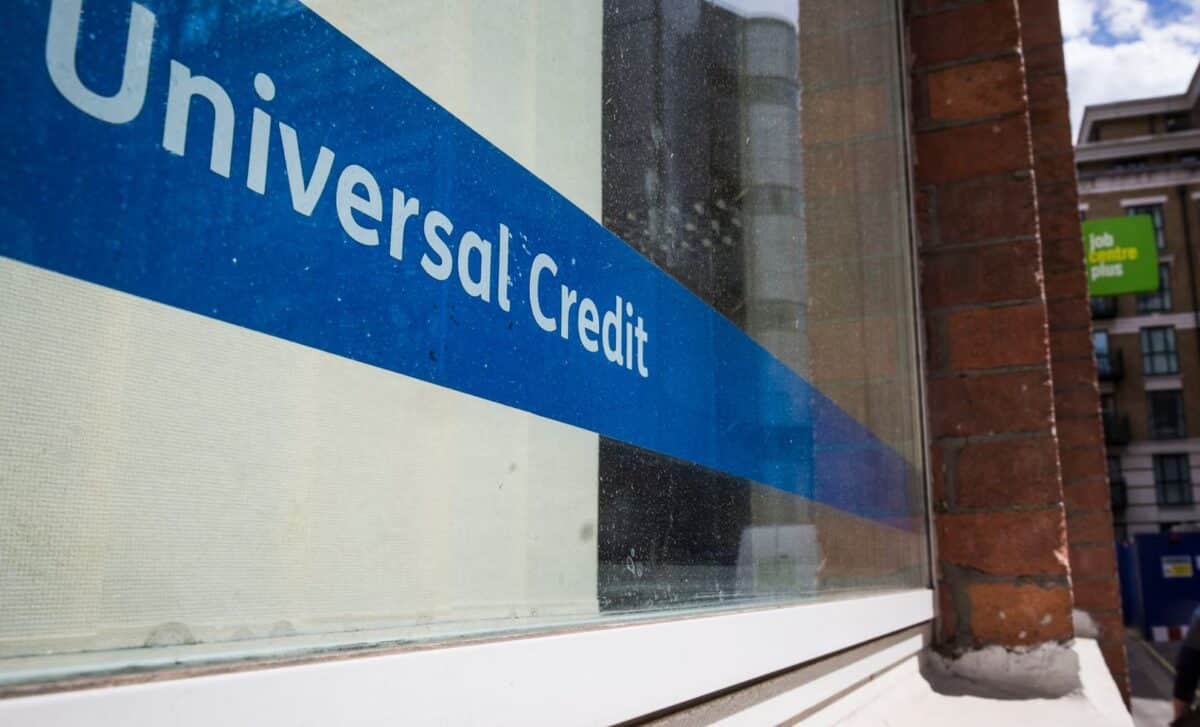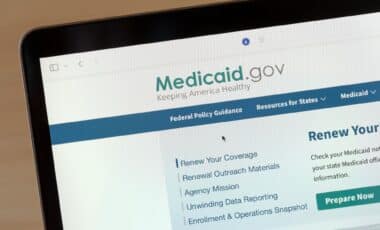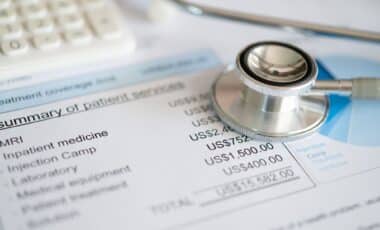The Department for Work and Pensions (DWP) has recently confirmed that Universal Credit recipients may be eligible for an extra monthly payment if there has been a delay in processing their claims.
This retroactive payment is offered to new applicants for Universal Credit if there are particular issues that delay their application process.
Transition to Universal Credit: Updated Guidance for Benefit Claimants
Since more people are being moved from older benefit schemes to Universal Credit, updated guidance has been released. Those receiving tax credits were told to make the transition by the end of March.
Since then, those on Housing Benefit and Income Support started receiving letters asking them to switch to Universal Credit.
This month (July), the focus is on people on income-related Employment and Support Allowance (ESA) with Child Tax Credit.
Individuals on income-based Jobseeker’s Allowance or income-related ESA, either alone or with Housing Benefit, are expected to transition in September.
People have three months to file a new Universal Credit claim before their current payments are revoked.
To facilitate the transitioning process between old and new payments, for those receiving income-based Jobseeker’s JSA, income-related ESA, Income Support, or Housing Benefit a two-week extension is available
This implies that they will continue to get these benefits for two weeks following their application for Universal Credit, which will help them get through the five-week wait for their first UC payment, according to Birmingham Live.
Eligibility for Additional Month of Universal Credit Payments Explained
People who are having trouble with the application process or are facing transitional concerns may be eligible for an additional month of Universal Credit, according to the Department for Work and Pensions (DWP).
In the latest update concerning backdated Universal Credit claims, the authorities outlined: “You may be able to backdate your claim if you or your partner were delayed in making a claim through no fault of your own. Claims can be backdated for up to one calendar month from the date of your claim.”
Backdating can be approved in circumstances where people who have disabilities or medical conditions, including mental disorders, were unable to file their claims on time, or in situations where technical issues with the online Universal Credit submission process hindered prompt claiming, but the issue was resolved once the system was restored.
Additional reasons for requesting retrospective Universal Credit payments include situations in which a recipient had been moving from another benefit but was not informed of its discontinuation, or situations in which a joint claim was originally submitted with a partner but was later separated, resulting in a single person claim. Furthermore, cases where DWP staff misinformation resulted in delays may also qualify for back pay.
Additional documentation may be needed when applying for backdated payments. Those in need of financial assistance while waiting for their first Universal Credit payout can obtain an advance through the Universal Credit website.
This advance normally corresponds to the estimated amount of the first payment and must be repaid with deductions from future Universal Credit payments.
After applying for Universal Credit, a one-month review period begins, during which your financial situation is evaluated to determine how much you are eligible to receive.
Your benefit is deposited into your account seven days later, and this date becomes the usual Universal Credit payment date.










I recently changed from esa £240 every 2 weeks but now i am on universal credit where I’m going to get £323 a month that losing about £160 over a month i can’t understand how I am suppose to manage i suffer with my sugar level i suffer with anxiety and depression i also have arthritis to my joints i would be greatful if u could point me and advise me with the right information in what I need